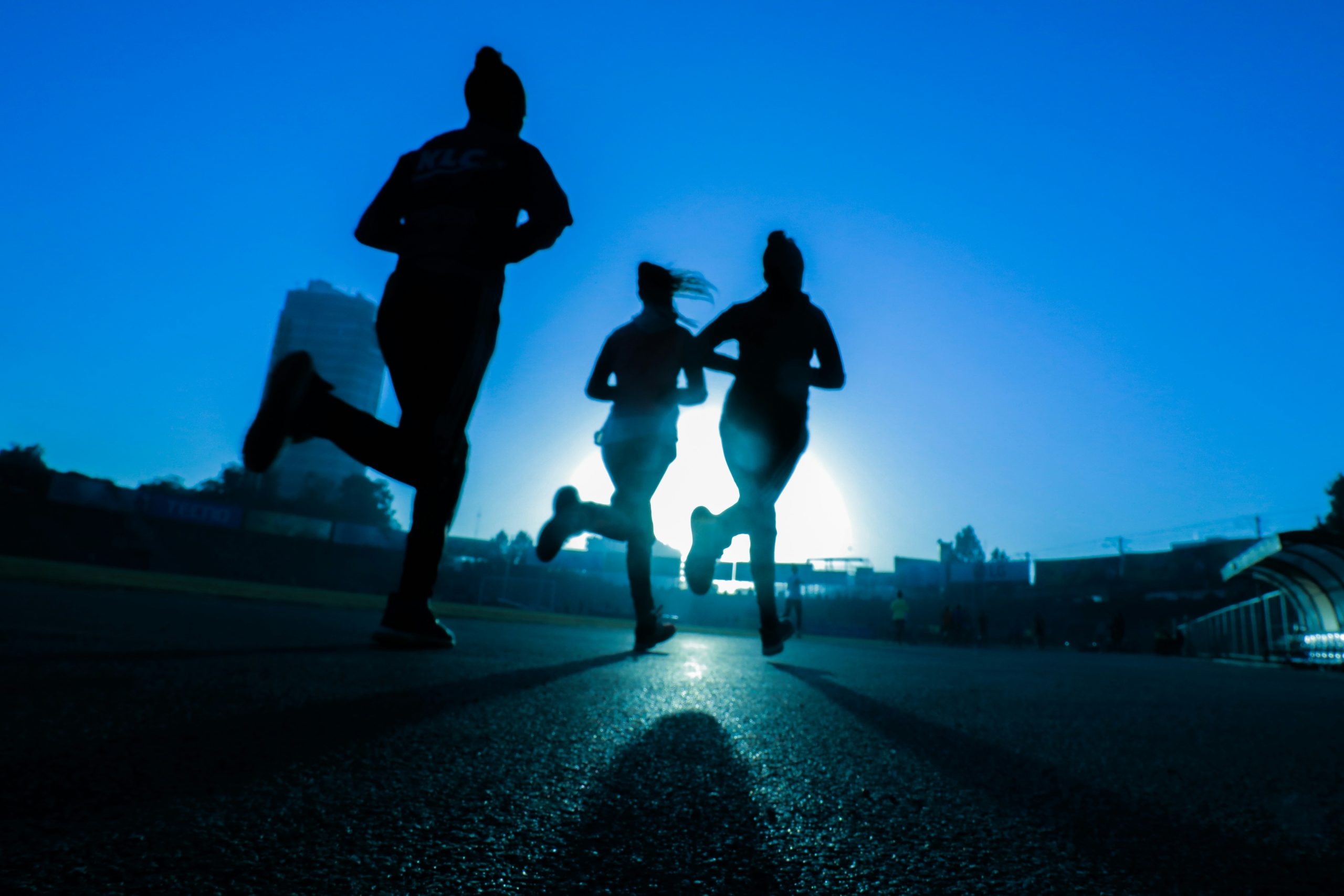-

Since cheese has almost no carbohydrates, can people with diabetes eat it freely as a snack?
**1. The Relationship Between Cheese and Blood Sugar** Cheese has a very low carbohydrate content, so it does not directly or rapidly raise blood sugar. For this reason, many people with diabetes consider cheese a ‘safe snack,’ but this does not mean it can be eaten ‘freely.’ This is because blood sugar management also includes…
-

Should people with diabetes avoid eating even a single grape because it can cause a rapid blood sugar spike?
Grapes and Diabetes Management Grapes are a delicious and popular fruit, but they often raise questions for people with diabetes: “Can I eat them?” The answer is that people with diabetes can safely eat grapes, provided they do so in moderation and in the right way. Grapes are not a food that must be completely…
-

Is avocado a fruit that people with diabetes should avoid because it is high in fat?
Avocados and People with Diabetes Avocados are known as ‘the butter of the forest’ because of their rich fat content. This characteristic often leads people with diabetes to be hesitant about consuming them. However, the fat in avocados is primarily monounsaturated fat, which has a very positive impact on blood sugar control. Avocados have a…
-

Are berries (strawberries, blueberries, etc.) not good for people with diabetes because they are high in sugar?
The Relationship Between Berries and Blood Sugar Control Berries like blueberries, strawberries, and raspberries are loved for their small size and sweet taste. People with diabetes might be hesitant to eat them due to the ‘sweetness’ of fruit, but in reality, berries are very beneficial for diabetes management. Berries generally have a very low GI…
-

Is orange juice the best beverage for people with diabetes because it is rich in vitamin C?
The Difference Between Orange Juice and Diabetes Management Oranges are a healthy fruit, rich in vitamin C and dietary fiber. However, orange ‘juice’ is not recommended for people with diabetes. Many people believe that fruit juice is healthy, but the juicing process removes most of the fruit’s crucial dietary fiber. Why Whole Fruit is Better…
-

Are dried fruits like raisins and dried mangoes better for people with diabetes than fresh fruits because they are more nutrient-dense?
The Risk of Concentrated Sugar in Dried Fruits Dried fruits are convenient to carry and delicious, so many people enjoy them. While raisins, dried mangoes, and prunes may seem nutrient-dense, the removal of water during the drying process also concentrates their sugar, which can impact blood sugar very quickly. For people with diabetes, dried fruits…
-

Running can improve insulin sensitivity in people with diabetes, helping to control blood sugar?
**How Running Affects Glucose Control** Running recruits large lower-body muscles (quadriceps, glutes, calves) in a repetitive pattern. During exercise, these muscles rapidly consume blood glucose for ATP production, and after exercise, enhanced GLUT-4 translocation allows muscles to take up glucose with less insulin. This improves insulin sensitivity for hours—sometimes up to a day—reducing average glucose…
-

Swimming poses no risk of hypoglycemia for people with diabetes, so blood sugar checks are unnecessary?
**Swimming and Hypoglycemia** Swimming engages both upper and lower body against water resistance, markedly increasing glucose use. Energy is also required for thermoregulation, so glucose can drop quickly. Sessions longer than 30 minutes or interval sets often raise post-exercise insulin sensitivity for hours, predisposing to delayed hypoglycemia. **Why Monitoring is Essential** 1) In water, early…
-

Tennis, which involves short bursts of movement, is of no help in controlling blood sugar?
**Tennis and Glycemic Control** Tennis blends anaerobic bursts—sprints, split steps, directional changes—with aerobic movement during rallies. This mixed stimulus raises muscular glucose utilization and improves post-match insulin sensitivity, narrowing glucose variability; claiming it is ‘of no help’ is inaccurate. **Specific Advantages** 1) Whole-body strength: glutes/hamstrings, rotator cuff, and core all engage. 2) Cardiorespiratory endurance: 60–90…
-

Yoga can help reduce stress and stabilize blood sugar in people with diabetes?
**Yoga and Glycemic Stability** Yoga calms the autonomic nervous system through breath, meditation, and alignment, lowering stress hormones like cortisol. This mitigates glucose surges tied to abdominal adiposity, overeating, and poor sleep. Slow, controlled asanas create isometric contractions in large muscles, promoting glucose utilization. **Specific Effects** 1) Flexibility and range of motion: improves daily movement…
DangTalk download | PESS Mining | PiSTORE | Naver Cafe
